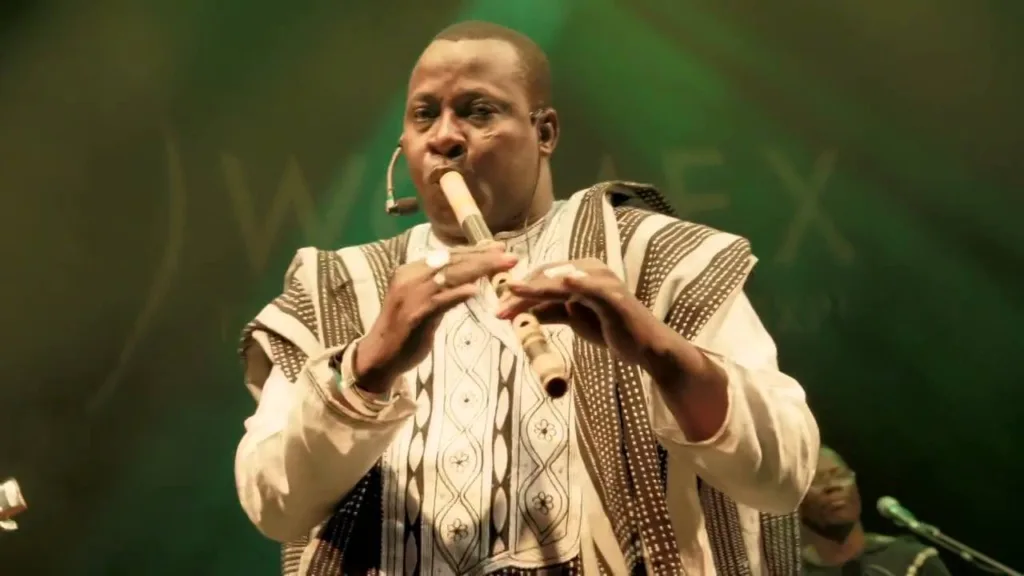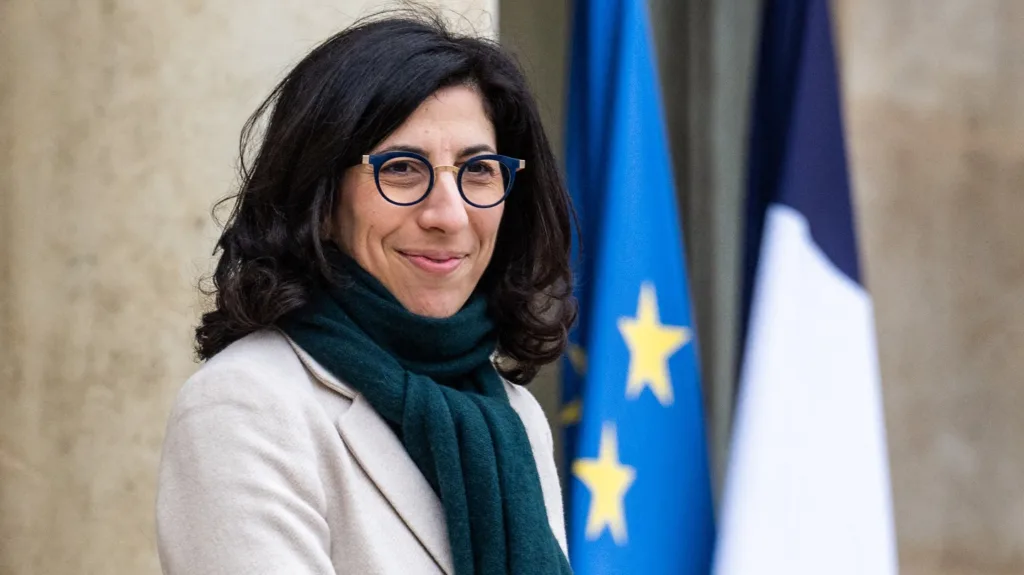France’s ban on Nigerien, Malian, and Burkina Faso artists has sparked fervent protests. Nigerien artists, led by Yacouba Moumouni have passionately defended their creative rights. Their voices echo the importance of artistic expression globally.

Moumouni is uncompromising in his quest for respect from their erstwhile colonial power, France.
The French should respect us. If we say “ah I’m not going to give a visa” that’s like saying to a child “ah if you don’t do that, I can’t buy you a sweet.” We are not at that level, we have gone beyond that.” He says of the condescending attitude.
Many Nigerien artists view the restriction as a threat to their global presence. Rachid Ramane, President of the Federation of Artistic and Cultural Associations of Niger, is adamant about their position. Speaking with Africa News, he said: “We will not beg. We are global entities, artists of the world. Removing our cultures from the world’s stage is unthinkable.” Ramane emphasizes the challenges that Niger, Burkina Faso, and Mali face, emphasizing the need for independence and autonomy.
In the middle of this debate, Garba Mahamane Lawali, director of the Niger musical training and promotion center, stressed the importance of open cultural interchange. He warns against insularity, claiming that cultures that isolate themselves will perish. Lawali encourages France to embrace moderation and openness, both of which are necessary for cultural growth.
In July and August, France suspended all development aid and financial support operations with Niger and Burkina Faso. Mali was previously suspended in November of the previous year.

However, Rima Abdul Malak, France’s Culture Minister, denied any intention of boycotting artists. She added that conversations with those who already have visas will continue. She also emphasized that the suspension of aid and financial support is a response to the military juntas’ takeover and not a targeted action against artists or cultural exchanges. Rima Abdul Malak also expressed France’s commitment to engaging in dialogue with the affected countries to find a resolution and resume normal relations. This explanation, however, does not appease artists and cultural groups.
In response, the Syndeac and other unions representing the French creative and cultural sectors have strongly opposed the government decree. They express their dismay at being told to halt collaboration with Mali, Niger, and Burkina Faso. The unions deplore this decision, emphasizing the value of cultural interaction and unity, particularly during difficult times.
The controversy underlines an important struggle: the right of artists to freely share their works with the rest of the world. This restriction represents more than a visa issue for Nigerien musicians like Yacouba Moumouni; it represents a fight for cultural freedom and worldwide harmony. As the debate continues, the world watches while still emphasizing the importance of cultural interchange in developing understanding and harmony among nations.


